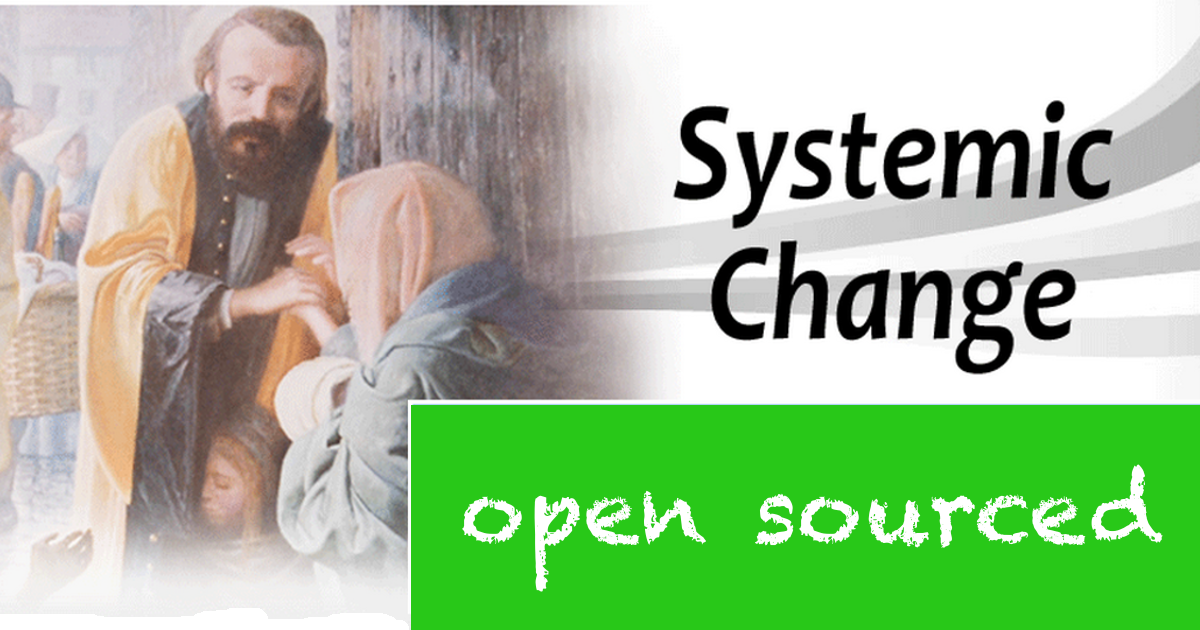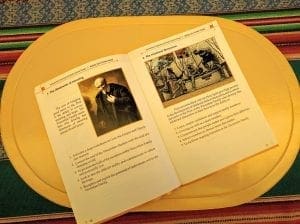Tynesia Boyea-Robinson writes:
My Aunt Janice’s biscuits are legendary. They are fluffy, buttery and light. Whenever we visit her in Alabama, we stop by to gorge ourselves on these delectable treats. I recently had a hankering for the biscuits so I asked for the recipe. While I’m not a huge fan of cooking, I don’t mind baking occasionally. The recipe only has four ingredients- flour, buttermilk, shortening, and butter. Simple, right?
I bought the ingredients and cooked a batch of biscuits. Even though I followed the recipe to the letter, my biscuits turned out hard as rocks. I was so disappointed that I called my sister who had recently mastered the biscuit recipe. She shared with me that while the recipe was straightforward and the ingredients were simple, the way to master the biscuits wasn’t. You had to commit to improving them over time, which means asking Aunt Janice questions along the way, and improving my technique based on what works best for me.
In many ways, driving social change requires a similar approach.

 She’s talking about finding the right strategies for systemic change. You may have heard that the Commission for Systemic Change has published a new manual [click the image to see a larger version]. We’re negotiating with them right now to put it online for you. Why? Yes, because we want you to have it. But, more-importantly, so it can be seen, critiqued, and improved even before it is employed. Boyea-Robinson, who works at the Living Cities project, talks about “open-sourcing” social change models:
She’s talking about finding the right strategies for systemic change. You may have heard that the Commission for Systemic Change has published a new manual [click the image to see a larger version]. We’re negotiating with them right now to put it online for you. Why? Yes, because we want you to have it. But, more-importantly, so it can be seen, critiqued, and improved even before it is employed. Boyea-Robinson, who works at the Living Cities project, talks about “open-sourcing” social change models:
Open-sourcing social change challenges a bias in philanthropy and the social sector that knowledge is only worth sharing after the work is complete and ‘proven.’ We believe that today’s leaders can benefit from information shared during all stages of development–from an early hunch or idea to an emerging approach that requires additional testing. We also know that disruptive technologies–from Twitter to the blogosphere–offer new opportunities to make connections and expand impact.
So, we hope to have the manual for you soon. Then we all can use “disruptive technologies” and learn together.
You’ll note we’ve written a lot about “Collective Impact” on .famvin.
What do you think of that model? If you’ve read some of the materials — even if you haven’t begun to work yet — your opinion is necessary to make Vincentian systemic change an “open source” project.







0 Comments